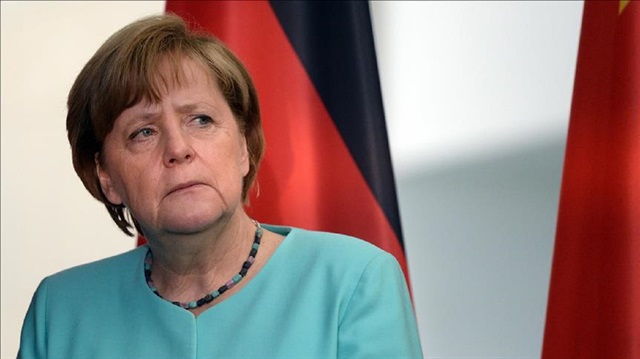
UNAPPEALING OPTIONS
Germany now faces unappealing options not experienced in Germany's post-World War Two era: Merkel forms a minority government, or the president calls a new election if no government is formed.
The main parties fear that another election so soon would let the far-right, anti-immigrant Alternative for Germany (AfD) party add to the 13 percent of votes it secured in September, when it entered parliament for the first time. Polls suggest repeat elections would return a similarly fragmented parliament.
The SPD, which came second in the Sept. 24 election, said on Monday it had no wish to rejoin Merkel in a grand coalition and that voters should be given a say.
"We are not afraid of repeat elections. In such a situation, the ... voters must reassess what is going on," SPD leader Martin Schulz told a news conference. He added that a minority government was not a practical option in Germany.
Schulz also said he would meet Steinmeier and that Merkel had yet to contact him.
Some still believe that the SPD could change its mind, perhaps under pressure from Steinmeier, himself a former SPD foreign minister who served under Merkel.
Others felt the FDP could yet be prevailed upon to return to the negotiating table. The price for either party to change its mind could be the departure of Merkel, who for 12 years has been a symbol of German stability, leading Europe through the euro zone crisis.
Greens leader Kathrin Goering-Eckardt said she expected fresh elections.
Merkel was weakened by the September election as voters angry with her decision in 2015 to open the borders to more than a million asylum seekers punished her conservatives by voting for the AfD.
AfD politician Beatrix von Storch called the coalition talks collapse a success for her party, saying other parties' "fear of the AfD" had forced them to drive a hard bargain with the left-leaning Greens, who are dovish on immigration.
AfD leader Alexander Gauland demanded Merkel's resignation.
The inability to form a government caused disquiet elsewhere in Europe, not least because of the implications for the euro zone reforms championed by French President Emmanuel Macron and the negotiations over Britain's departure from the EU.
"It's not in our interests that the process freezes up," Macron told reporters in Paris, adding that he had spoken with Merkel shortly after the failure of talks.
In Brussels, Dutch foreign minister Halbe Zijlstra described the collapse as "bad news for Europe".

















